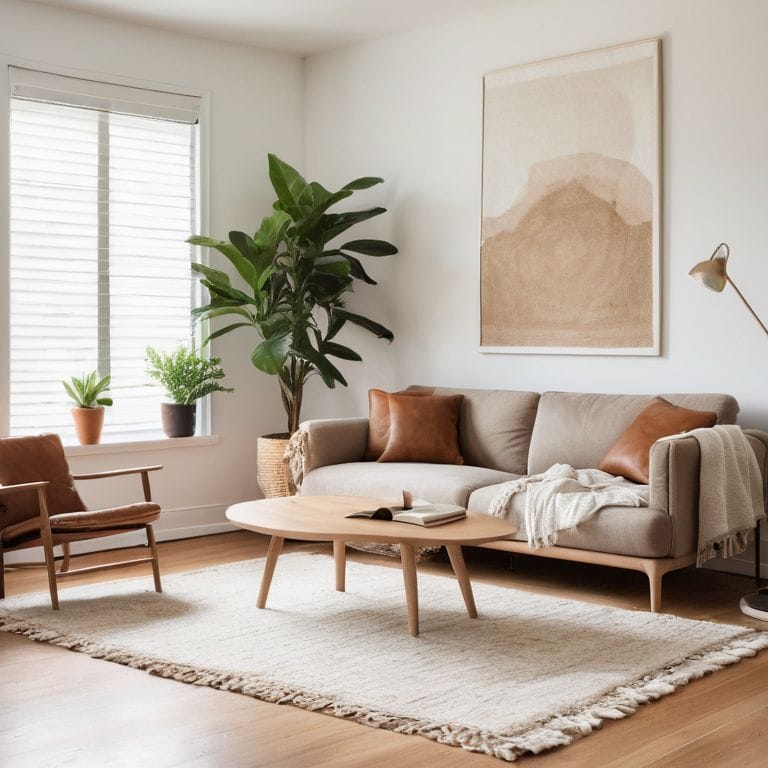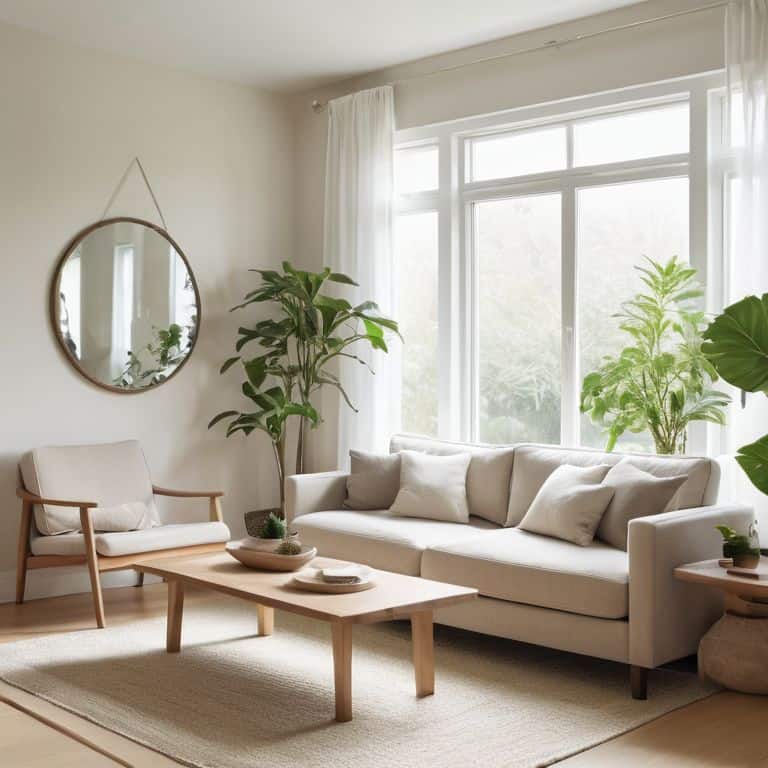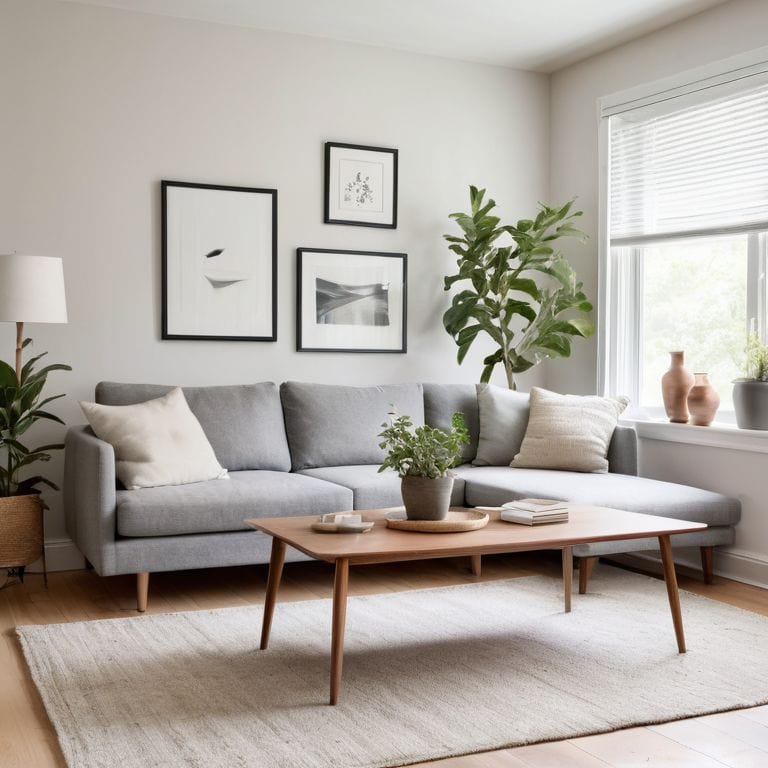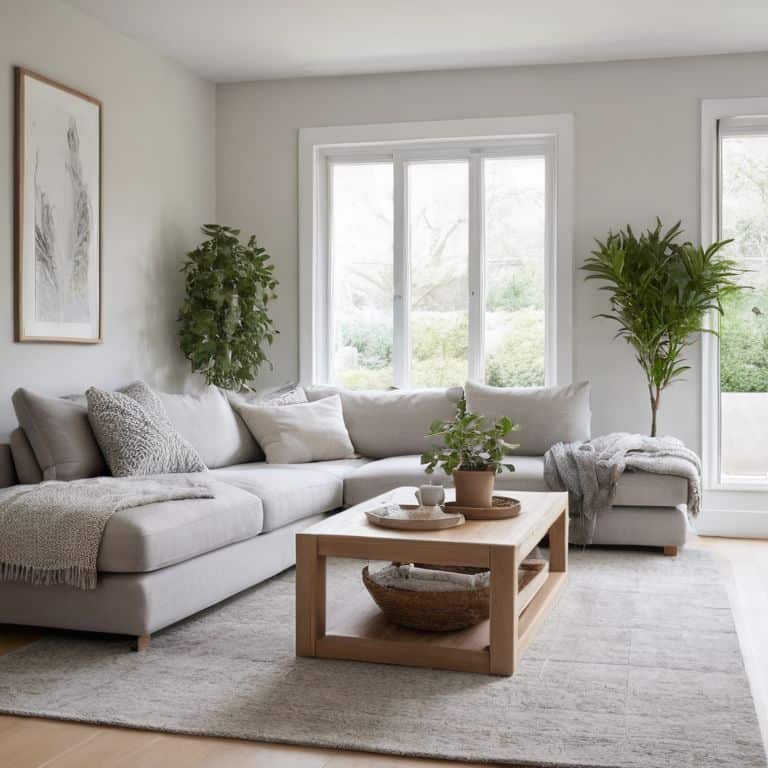I still remember the day I realized that the psychology of a tidy home wasn’t just about cleaning and organizing, but about creating a sense of calm and clarity in our lives. As someone who’s worked with numerous clients struggling to find peace in their chaotic surroundings, I’ve seen firsthand how a well-organized space can have a profound impact on our mental well-being. But what frustrates me is the plethora of complicated and expensive solutions being touted as the ultimate fix for our cluttered lives. In my experience, it’s often the simplest, most intuitive approaches that yield the most profound results.
My goal with this article is to cut through the noise and offer practical, experience-based advice on how to cultivate a tidy home that truly feels like a sanctuary. I’ll be sharing stories from my own journey, as well as insights from my work with clients, to illustrate the psychological principles that underlie a well-organized space. By the end of this article, you’ll have a clear understanding of how to apply these principles in your own life, and how to create a home that nurtures your mind and soul. My approach is centered around the idea that every object in our home should have a purpose or a place, and that by embracing this mindset, we can create a sense of harmony and balance that extends far beyond our physical surroundings.
Table of Contents
Unlocking the Psychology

As I delve into the world of minimalism and mental health, I’ve come to realize that the state of our homes has a profound impact on our well-being. It’s not just about aesthetics; it’s about creating an environment that fosters clarity and calmness. When our surroundings are cluttered, our minds tend to follow suit, making it difficult to focus and relax. By embracing the principles of decluttering and organizing, we can create a space that promotes stress relief and boosts our productivity.
The concept of feng shui principles also comes into play when designing our living spaces. By arranging our furniture and belongings in a way that promotes harmony and balance, we can create an atmosphere that calms the mind and nurtures the soul. It’s fascinating to see how something as simple as rearranging a room can have a profound impact on our mental state. As someone who’s passionate about organizing techniques for stress relief, I’ve witnessed firsthand the transformative power of a tidy space.
By adopting a mindful approach to our belongings and surroundings, we can begin to unlock the benefits of a tidy space. It’s not just about getting rid of clutter; it’s about creating a space that reflects our values and promotes a sense of inner peace. As we continue on this journey, I invite you to join me in exploring the intricacies of our homes and how they impact our mental health, and discover the tidy space tidy mind benefits that await us.
Decluttering for Productivity
As I work with clients to create their ideal living spaces, I’ve noticed that decluttering is often the first step towards a more productive life. By removing distractions and creating a sense of clarity, individuals can focus on what’s truly important to them. This, in turn, can lead to a significant boost in productivity, as they’re no longer wasting time searching for misplaced items or feeling overwhelmed by their surroundings.
By implementing a simple system for organizing their belongings, my clients are able to maintain their newly decluttered spaces with ease, freeing up more time and energy to pursue their passions and interests.
Minimalism and Mental Health
As I delve into the connection between our living spaces and our minds, I’ve come to realize that minimalism can be a powerful tool for achieving mental clarity. By paring down our possessions to only what brings us joy or serves a purpose, we can begin to quiet the mental chatter that often accompanies a cluttered environment.
Embracing intentional living means being mindful of each item that enters our home, and carefully considering whether it aligns with our values and goals. This thoughtful approach to consumption can help reduce feelings of overwhelm and anxiety, creating a sense of calm and control in our daily lives.
The Psychology of a Tidy Home

As I delve into the world of tidy homes, I’ve come to realize that minimalism and mental health are closely intertwined. A clutter-free space can have a profound impact on our mental wellbeing, allowing us to focus on what’s truly important. By adopting feng shui principles for calmness, we can create an environment that promotes serenity and tranquility. This, in turn, can lead to improved mental health and a sense of calm that permeates every aspect of our lives.
The process of decluttering for productivity is also a crucial aspect of maintaining a tidy home. By removing distractions and organizing our belongings, we can create a space that fosters focus and concentration. This is particularly important in today’s fast-paced world, where distractions are plentiful and attention spans are short. By implementing organizing techniques for stress relief, we can create a sense of control and calm, even in the midst of chaos.
As we strive to create a tidy space tidy mind environment, it’s essential to consider the impact of clutter on focus. Clutter can be a significant distraction, making it difficult to concentrate and prioritize tasks. By addressing this issue and creating a clutter-free space, we can improve our ability to focus and achieve our goals. Ultimately, the benefits of a tidy home extend far beyond the physical space itself, promoting a sense of calm and wellbeing that can have a lasting impact on our lives.
Feng Shui for Calmness Found
As I delve into the world of Feng Shui, I’m reminded that creating harmony in our living spaces is crucial for a calm mind. By arranging furniture and decor in a way that promotes positive energy flow, we can significantly reduce stress and anxiety. This ancient practice may seem mysterious, but its principles are rooted in a deep understanding of how our surroundings influence our well-being.
By applying Feng Shui principles, we can balance our environment and create a sense of serenity. This, in turn, can have a profound impact on our mental clarity and focus, allowing us to approach life’s challenges with a clearer mind and a greater sense of purpose.
Tidy Space Tidy Mind Benefits
As I work with clients to create their ideal living spaces, I’ve seen firsthand the profound impact that a tidy environment can have on one’s mental state. It’s not just about aesthetics; a well-organized home can actually help reduce stress and anxiety.
By implementing simple systems and routines, individuals can experience the calming effects of a clutter-free space, leading to a clearer mind and improved focus. This, in turn, can have a positive ripple effect on various aspects of life, from productivity to relationships.
5 Mindful Steps to a Serene Sanctuary
- Start by assigning a home for each item, making it easier to find and put things back, which helps reduce stress and anxiety
- Practice the ‘one in, one out’ rule to maintain a balanced level of possessions and prevent clutter from accumulating again
- Implement a daily routine of tidying up for just a few minutes, making it a mindful moment to reflect on the day and prepare for the next
- Use the ‘interview your belongings’ technique to decide what to keep and what to let go of, focusing on the emotional value and purpose of each item
- Create a ‘launching pad’ near the entrance of your home where you can place your keys, wallet, and other essentials, helping you stay organized and focused as you come and go
Key Takeaways for a Serene Home
I’ve found that creating a tidy home is not just about physical space, but also about cultivating a sense of mental clarity and calmness, which is why I always recommend starting with small, achievable goals
By embracing the concept of ‘purpose or a place’ for each object, individuals can begin to let go of clutter and develop a more mindful approach to their belongings, leading to a more organized and peaceful living environment
Through my work as a professional organizer and author, I’ve seen firsthand how the psychology of a tidy home can have a profound impact on one’s mental health and productivity, and I believe that by applying simple, logical systems, anyone can create a sanctuary that nourishes both body and mind
A Sanctuary of the Mind
As we tidy our homes, we’re not just clearing clutter, we’re clearing our minds – and in that space, we find the freedom to think, to breathe, and to be.
Nathan Reed
Finding Serenity in the Space Around Us

As we’ve explored the psychology of a tidy home, it’s become clear that the state of our living spaces has a profound impact on our mental wellbeing. From the principles of minimalism and its effects on mental health, to the concept of decluttering for productivity, each aspect has shown us that our surroundings are deeply intertwined with our inner peace. By embracing the idea that every object should have a purpose or a place, we can begin to transform our homes into sanctuaries that nurture both body and mind.
As we conclude our journey into the psychology of a tidy home, remember that the true power lies not in the physical act of cleaning, but in the emotional liberation it brings. By creating a space that is calm, serene, and intentionally designed, we open ourselves up to a life of greater clarity, focus, and inner peace. So, let us cherish the beauty of a tidy home, not just for its aesthetic appeal, but for the profound impact it can have on our very sense of self.
Frequently Asked Questions
How does the psychological concept of attachment to possessions affect our ability to declutter and maintain a tidy home?
I’ve seen many clients struggle with decluttering due to strong emotional attachments to possessions. To overcome this, I help them “interview” each item, exploring the memories and feelings associated with it. By acknowledging and honoring these attachments, we can begin to let go of items that no longer serve a purpose, freeing both physical and mental space.
Can the principles of feng shui be applied to any type of living space, regardless of its size or layout?
I believe the principles of feng shui can be applied to any living space, regardless of size or layout. It’s all about intentional placement and flow. Even in small or awkwardly shaped spaces, we can create harmony by thoughtfully arranging our belongings and considering the energy, or chi, that flows through the area.
What role does mindfulness play in the process of tidying and organizing, and how can it be cultivated to make the experience more therapeutic?
Mindfulness is the bridge between tidying and tranquility. As I work with clients, I encourage them to be fully present with each item, considering its purpose and place. This mindful approach transforms organizing from a chore into a meditative experience, allowing the act of tidying to calm the mind and soothe the spirit.
